Are you curious about what part parabens play in your skincare routine? Ever caught yourself questioning whether Nivea products contain them and why there’s so much talk around it? Rest assured, you’re in good company! These commonly disputed preservatives have sparked conversations among consumers and experts alike. While some argue they’re completely safe, others remain skeptical.
In this skincare adventure, we’ll unravel the paraben mystery. We’ll explore what parabens are, why people are worried, and whether they deserve their bad rep. But don’t worry; we won’t scare you away from your beloved skincare routine.
We’re here to inform, amuse, and share some beauty secrets that will have you smiling all the way to healthier, paraben-free skin. Get ready for a skincare journey full of surprises! 🚀🧴😄
Table of Contents
Does Nivea Have Parabens?
As for Nivea, the answer is yes and no. According to their website, Nivea uses parabens in around 20-30% of their products, primarily in body care, sun protection, and face care products.
However, they also state that they only add parabens where necessary, and they are constantly researching to find the best, most effective, and healthiest ways to keep their products safe. The classic Nivea Creme does not usually need any preservatives as its oily recipe protects it naturally from bacteria and mold.
So, if you’re looking for paraben-free options, you may want to check the labels of Nivea products before purchasing. However, it’s worth noting that not all parabens are created equal, and some are considered safer than others.
What Are Parabens?
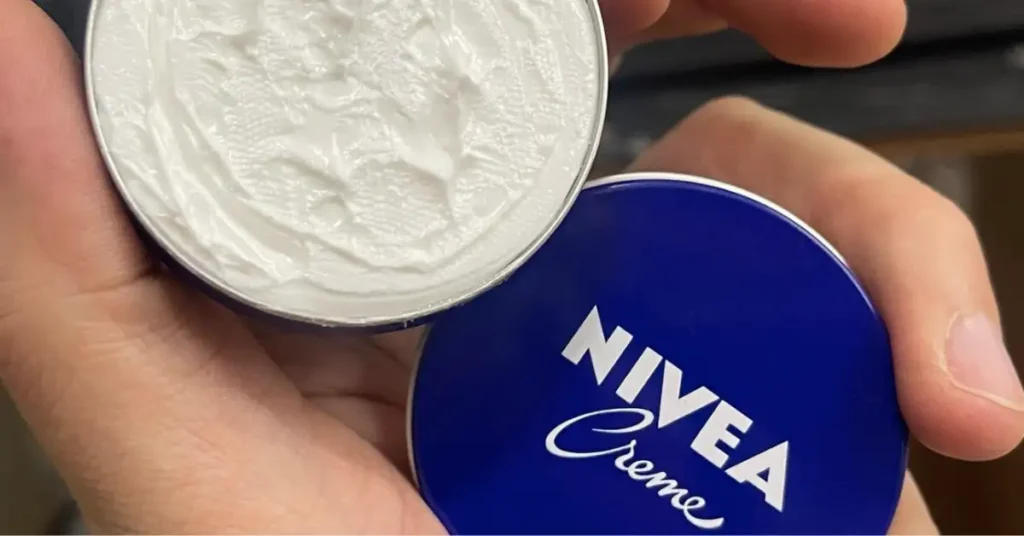
Parabens are a family of synthetic preservatives that are commonly used in cosmetic products, including lotions, shampoos, and makeup. They are added to these products to prevent the growth of harmful bacteria and mold, which can spoil the product and potentially cause harm to the user.
Parabens are derived from para-hydroxybenzoic acid, which is a naturally occurring substance found in many fruits and vegetables. However, the parabens used in cosmetic products are synthetic and are created in a laboratory setting.
There are several different types of parabens, including methylparaben, ethylparaben, propylparaben, and butylparaben. These parabens can be used alone or in combination with each other to provide a broad spectrum of protection against bacteria and mold.
While parabens have been used in cosmetic products for many years, there has been some concern in recent years about their safety. Some studies have suggested that parabens may have estrogenic activity, which means they can mimic the hormone estrogen in the body.
This has led to concerns that parabens may be linked to an increased risk of breast cancer. However, the FDA has stated that there is no conclusive evidence to support this claim.
Nivea Products and Parabens
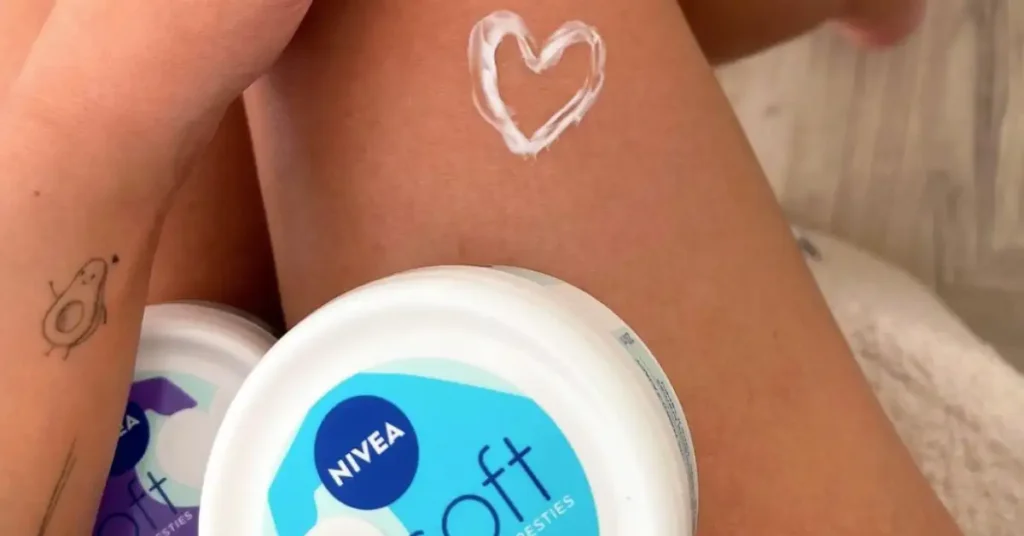
When it comes to Nivea products, the use of parabens varies. According to their website, Nivea uses parabens in around 30% of their products, primarily in body care, sun protection, and face care products.
However, they also state that parabens are added only where necessary and that their classic Nivea Creme, for example, does not usually need any preservatives as its oily recipe protects it naturally from bacteria and mold.
I have used several Nivea products that do not contain parabens. For example, the Nivea Soft Moisturizing Cream and the Nivea Essentially Enriched Body Lotion are both paraben-free.
However, if you are specifically looking for paraben-free products, it is important to read the ingredients list carefully before making a purchase.
WARNING: Be wary of products that claim to be “all-natural” or “organic,” as these terms are not regulated and do not necessarily mean that the product is free of synthetic preservatives.
Why Parabens Are Used in Cosmetics
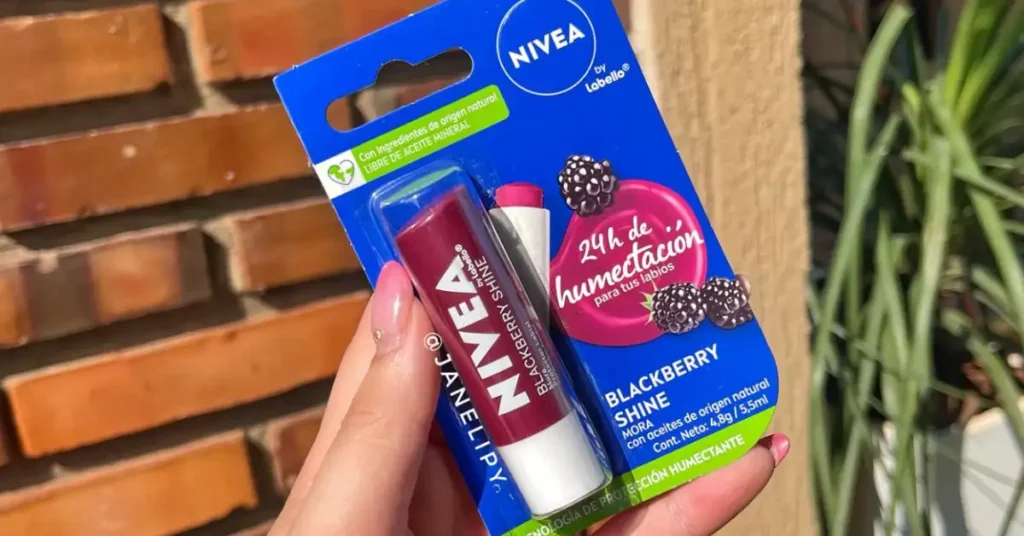
As a popular ingredient in many cosmetics, parabens are used as preservatives to prevent the growth of harmful bacteria and mold. They increase the shelf life of the product and prevent spoilage, making them a crucial ingredient in many cosmetics.
Parabens have been used in cosmetics for almost a century, and they are still widely used today. They are used in a variety of products, including body care, sun protection, and face care products. Nivea, for example, uses parabens in around 30% of its products, primarily in body care, sun protection, and face care products.
Despite concerns about the safety of parabens, they are still considered safe for use in cosmetics by regulatory agencies such as the FDA. However, some studies have suggested that parabens may have estrogenic activity, which means they may mimic the hormone estrogen in the body. This has led some people to be concerned about the potential health effects of parabens.
To address these concerns, some companies have started to use alternative preservatives in their products. Nivea, for example, has started to use alternative preservatives in some of its products, such as the NIVEA Creme, which does not usually need any preservatives as its oily recipe protects it naturally from bacteria and mold.
Potential Health Concerns of Parabens
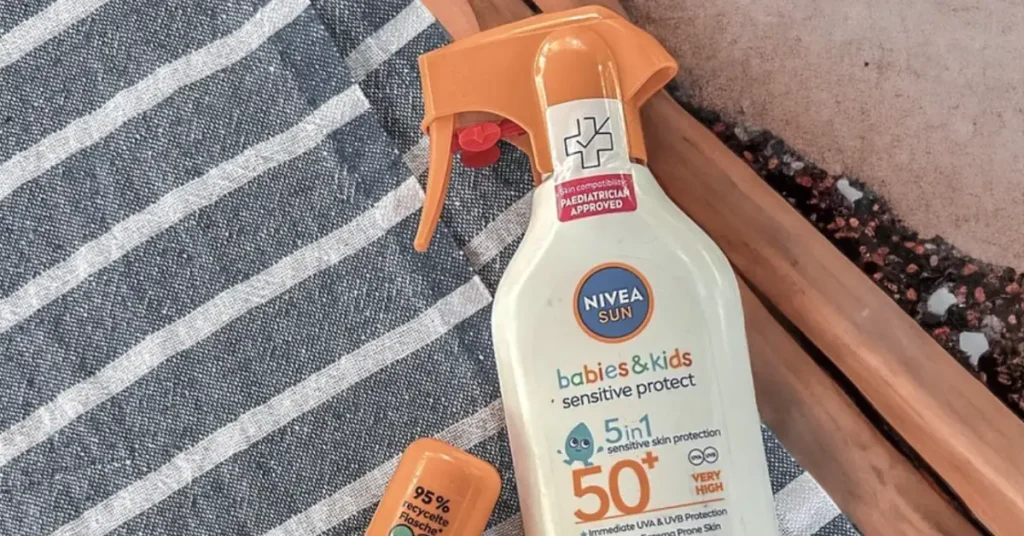
As a popular preservative in cosmetics and personal care products, parabens have been the subject of much scrutiny in recent years. While some studies have suggested a link between parabens and certain health issues, such as breast cancer and neurological diseases like Alzheimer’s, the evidence remains inconclusive.
Despite the lack of definitive evidence, many consumers are understandably concerned about the potential health risks associated with parabens. As a result, many companies, including Nivea, have responded by developing paraben-free products.
One potential concern with parabens is their ability to mimic estrogen in the body. This has led some experts to suggest that parabens may contribute to the development of certain types of cancer, particularly breast cancer. However, more research is needed to confirm this link.
Another concern is the potential for parabens to disrupt the endocrine system, which regulates hormones in the body. This could lead to a variety of health issues, including reproductive problems and developmental disorders.
Pro Tip: If you’re looking for paraben-free products, check out the Environmental Working Group’s Skin Deep database, which rates the safety of thousands of personal care products.
Alternatives to Parabens in Cosmetics
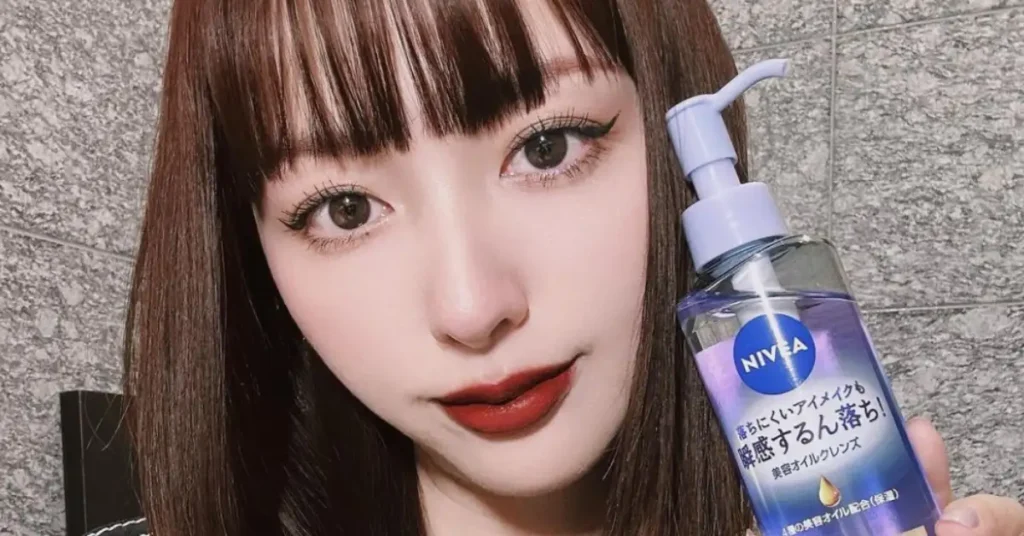
One popular alternative to parabens is phenoxyethanol. This preservative is derived from natural sources and is just as effective as parabens in preventing bacterial growth. It is also considered to be less irritating to the skin than some other preservatives.
Another alternative to parabens is benzyl alcohol. This preservative is commonly used in natural and organic cosmetics, as it is derived from natural sources like fruits and flowers. It is also considered to be less irritating to the skin than some other preservatives.
A third alternative to parabens is potassium sorbate. This preservative is derived from sorbic acid, which is found naturally in some fruits and berries. It is considered to be safe and effective in preventing the growth of bacteria and mold in cosmetics.
In my personal experience, cosmetics that are free of parabens and other harsh preservatives are gentler on my skin. If you are looking for paraben-free cosmetics, be sure to read the labels carefully and look for products that use one of these safer alternatives.
Nivea’s Stance on Paraben Use
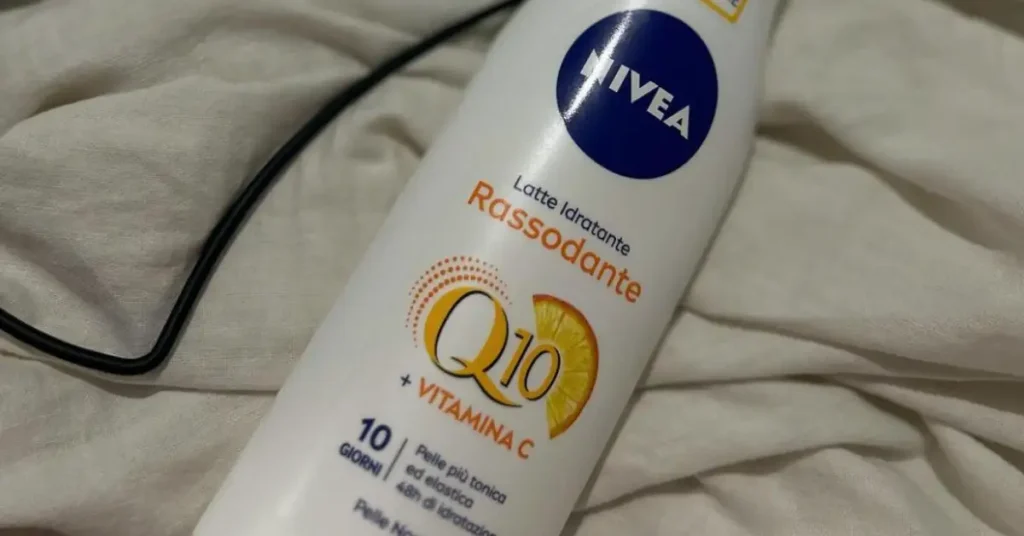
According to their website, Nivea uses parabens in around 30% of their products, primarily body care, sun protection, and face care products.
They only add parabens where necessary, and some products, such as the classic Nivea Creme, do not require any preservatives due to their oily recipe that naturally protects them from bacteria and mold.
It’s important to note that not all parabens are created equal. Nivea uses a specific type of paraben called methylparaben, which has been deemed safe for use in cosmetics by regulatory agencies such as the FDA and the European Union.
However some studies have linked parabens to potential health issues, so it’s understandable for consumers to be cautious.
How to Identify Parabens in Product Ingredients
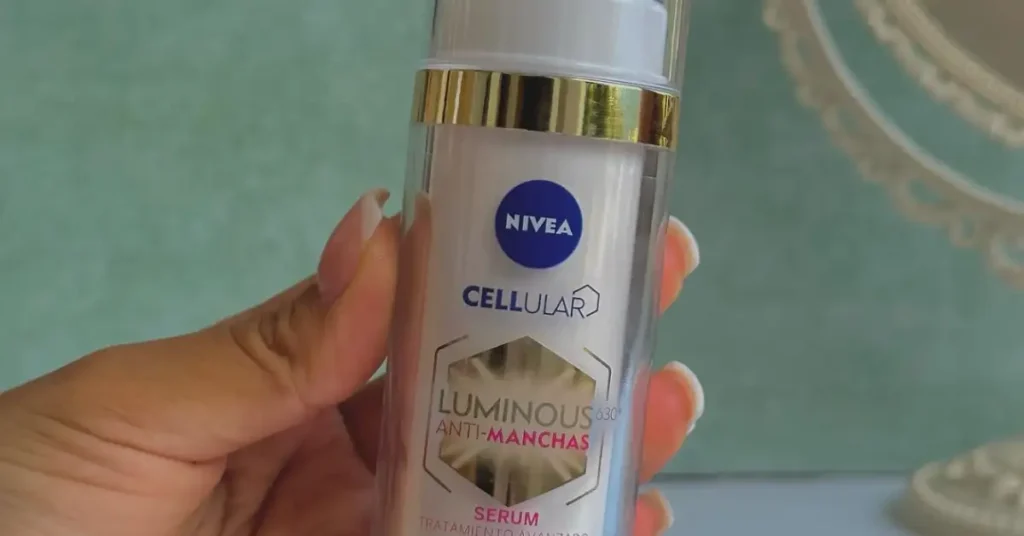
To identify parabens in product ingredients, it’s important to read the label carefully. Parabens are usually listed on the ingredient label with names like methylparaben, propylparaben, butylparaben, or ethylparaben. If you see any of these names on the title, the product contains parabens.
Another way to identify parabens in product ingredients is to look for products that are labeled “paraben-free.” Many companies are now offering paraben-free products as a safer alternative for consumers.
I always check the ingredient label before purchasing any product. I also like to do research online to learn more about the ingredients in the products I use.
My Advice: Look for websites that offer ingredient analysis for specific products. These websites can provide valuable information about the safety of the ingredients in a product.
It’s important to note that while parabens have been linked to potential health concerns, the European Commission and the Cosmetic Ingredient Review have both confirmed that parabens in cosmetics pose no risk to our health.
Does Nivea Have Parabens: A Recap
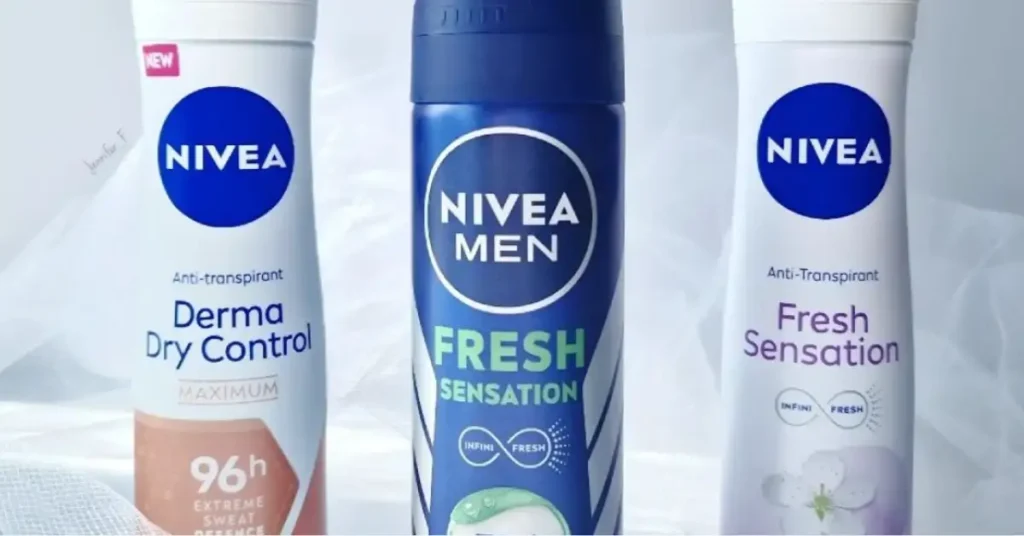
I have always been curious about the ingredients used in my skincare products. One ingredient that has been the subject of much debate is parabens. So, does Nivea have parabens? After conducting some research, I have found that Nivea uses parabens in some of its products, but not all.
According to YourBestSelves.com, Nivea only uses parabens in about 20 percent of its products. This means that up to 80 percent of Nivea’s products are paraben-free.
The website also notes that Nivea primarily uses parabens in body care, sun protection, and face care products. However, like all ingredients used by Nivea, parabens are added only where necessary.
It is important to note that parabens are particularly effective preservatives that have been used for over 80 years. According to Nivea, they are well-tolerated and are used not only in cosmetics but also in household products, pharmaceuticals, and foods.
While some people may choose to avoid products that contain parabens, it is important to remember that they are approved for use by regulatory bodies such as the FDA and the European Union.
Additionally, SkinSAFE has reviewed the ingredients of Nivea Creme, 250 mL, and found it to be 91% top allergen-free and free of gluten, coconut, nickel, top common allergy-causing preservatives, topical antibiotic, MCI/MI, soy, propylene glycol, and dye. The product is also teen-safe.
FAQ
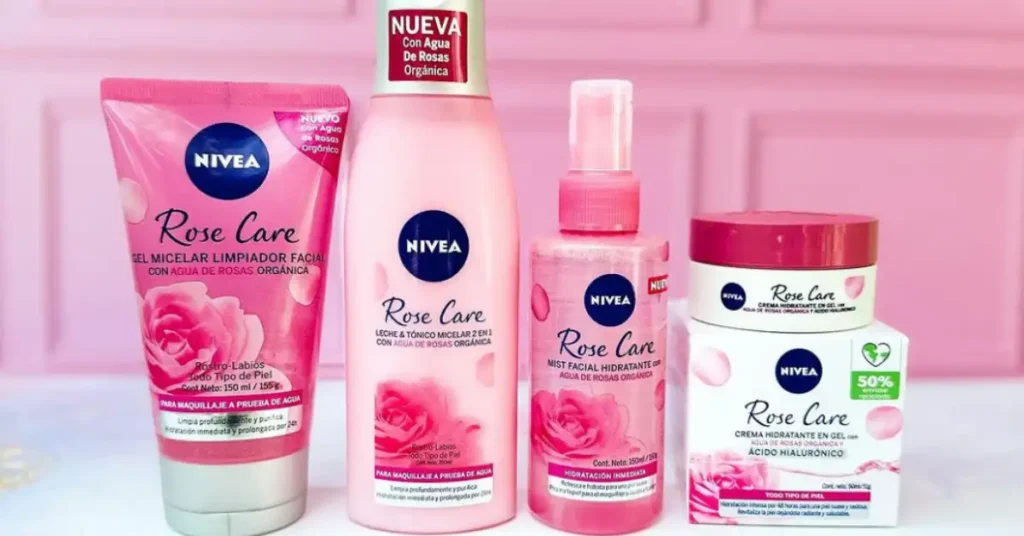
Does NIVEA use parabens?
NIVEA incorporates parabens in about 30% of their products, mainly in body care, sun protection, and face care items. Rest assured, NIVEA uses parabens selectively, adding them only when deemed necessary. Be sure to check individual product labels for ingredient details.
Are NIVEA products safe to use?
NIVEA products are generally safe to use as they undergo rigorous quality and safety assessments. However, individuals with specific skin sensitivities or allergies should carefully review product ingredients and consider alternatives if needed.
What is the difference between paraben free and sulfate free?
“Paraben-free” indicates the absence of parabens, which are preservatives. “Sulfate-free” means the product doesn’t contain sulfates, which are cleansing agents. Both claims focus on eliminating potentially harmful or irritating substances from cosmetics and personal care products.
Is NIVEA moisturizer good or bad?
NIVEA moisturizers are generally well-regarded and trusted by many users for their effectiveness in providing hydration and smooth skin. However, individual experiences may vary depending on skin type and specific product formulations.
How do I know if I have paraben-free?
To determine if a product is paraben-free, carefully inspect the ingredient list on the packaging. Look for common paraben names like methylparaben, ethylparaben, propylparaben, and butylparaben. If none of these are listed, the product is likely paraben-free.
If you liked this blog article about the question: Does Nivea Have Parabens? don’t forget to leave us a comment down below to tell us about your experience.

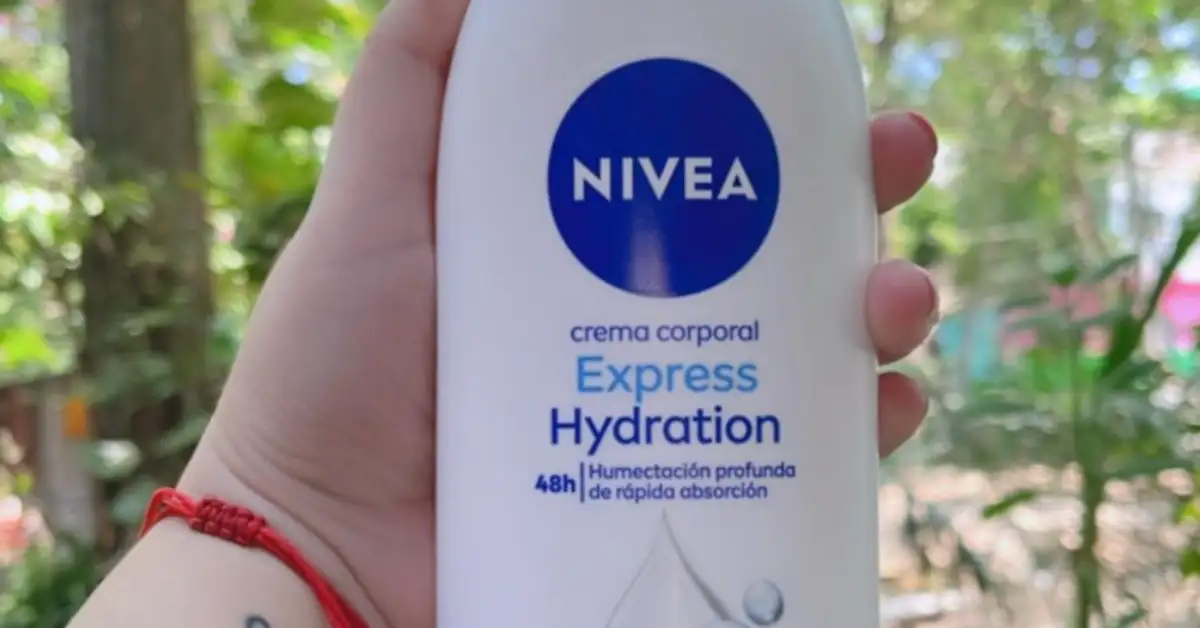

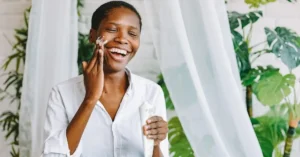
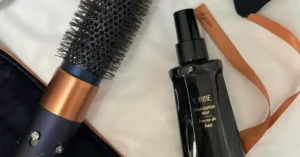
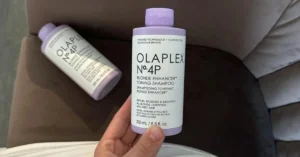

This is really interesting, You’re a very skilled blogger. I’ve joined your feed and look forward to seeking more of your magnificent post. Also, I’ve shared your site in my social networks!
Nice post. I learn something totally new and challenging on websites